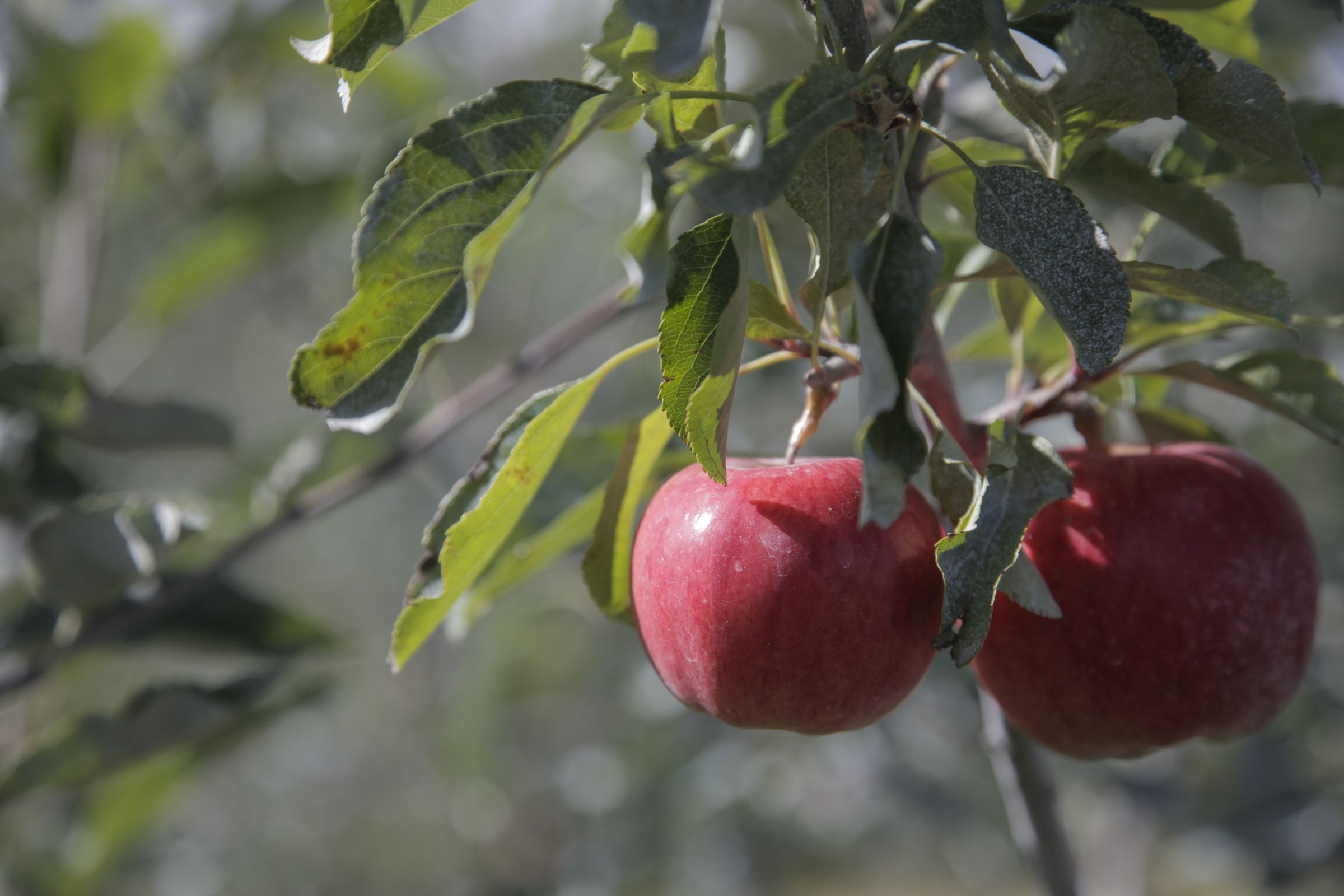Apple growers in Bilpin, New South Wales, are reporting widespread yield losses this season, with some orchards producing as little as 5 to 10% of their usual crop. Grower Bill Shields said his apple trees, typically heavy with fruit at this time of year, are almost bare. "We estimate that we have between 5 to 10 per cent of what we'd normally have on the trees," he said.
Across the Bilpin region, known for its apple pies, cider, and roadside produce stalls, growers have observed a sharp decline in fruit set. Some point to unseasonal cold snaps and heavy rainfall during flowering, while others suspect the lingering effects of the varroa mite outbreak, which has affected bee populations across the state since 2022.
Simon Tierney, an evolutionary ecologist at Western Sydney University who studies local orchards, said bee numbers have dropped dramatically. "The number of honey bees is down by around 80 per cent, and that's probably because of the varroa mite knocking out feral bee colonies," he said. The mite outbreak led to widespread hive destruction as part of a state containment effort. The NSW Department of Primary Industries and Regional Development said only a few producers in Bilpin had been affected so far and that investigations were ongoing. "Several factors could influence apple production, including pollination activity, weather conditions, thinning practices, variety, and bud initiation," a spokesperson said.
Bilpin's economy relies heavily on apple production and tourism linked to its orchards. Of the eight growers still operating in the area, Shields said at least six had suffered near-total crop loss. Other growers have been less affected. Local grower Chris Tadrosse reported strong yields from his mixed orchard. "If the weather is on your side and you're lucky enough, things will fall into place," he said.
The community has faced repeated challenges in recent years, including the 2019 Black Summer bushfires and ongoing financial pressures that have forced several family-run orchards to close. Many growers have shifted toward tourism and pick-your-own operations to remain viable. A poor 2025 harvest threatens not only orchardists but also local businesses dependent on the apple trade. "When you're growing fruit, with Mother Nature, it throws a lot of obstacles in front of you," Tadrosse said. "We're a pretty resilient bunch."
Source - https://www.freshplaza.com













